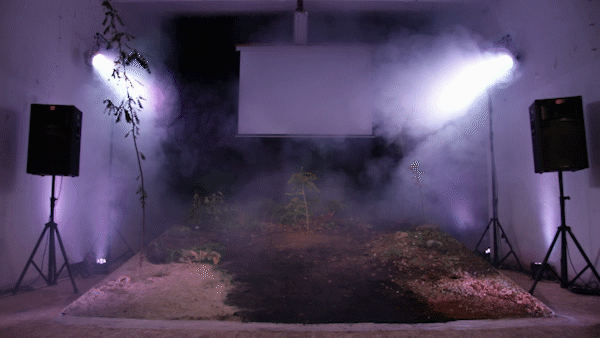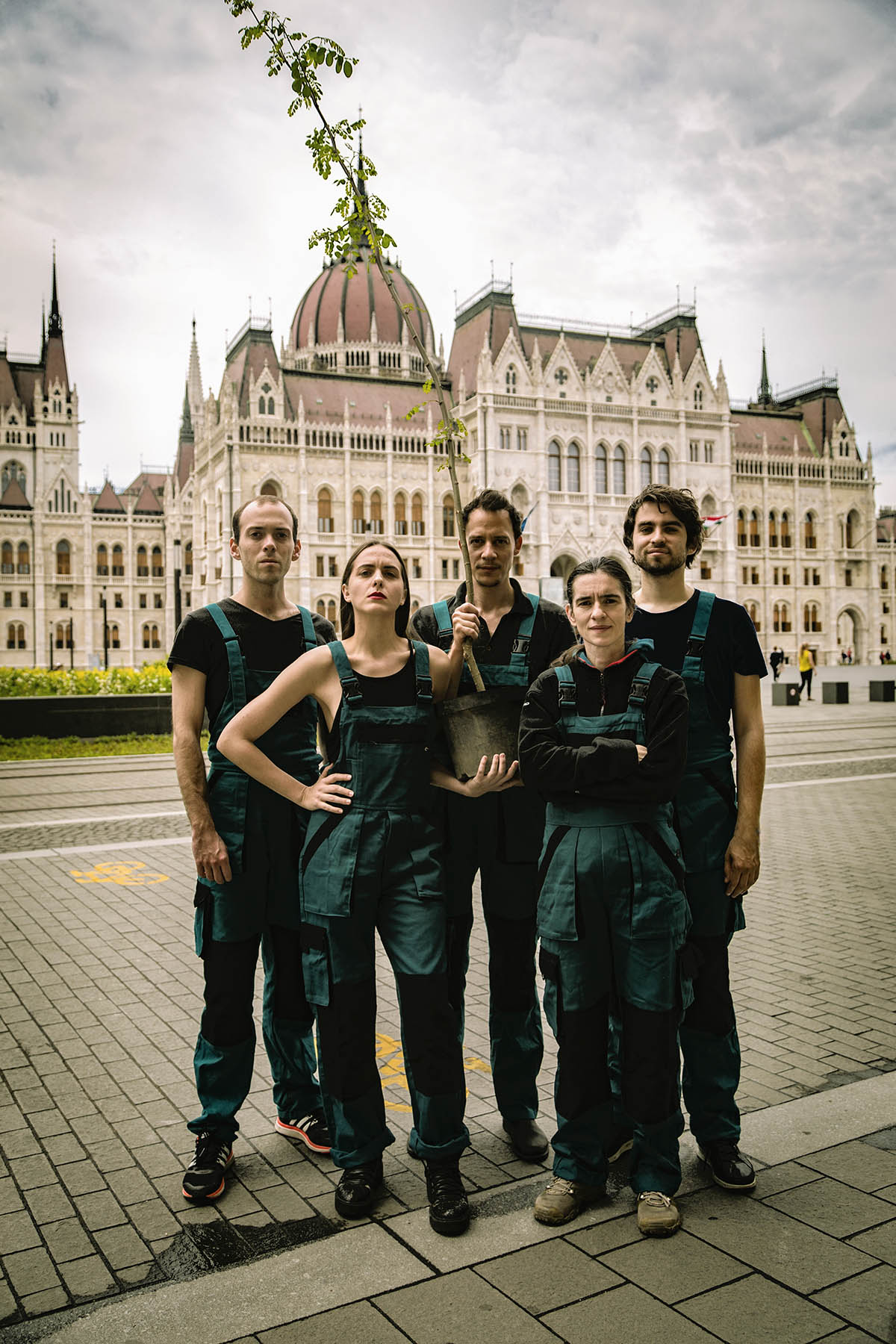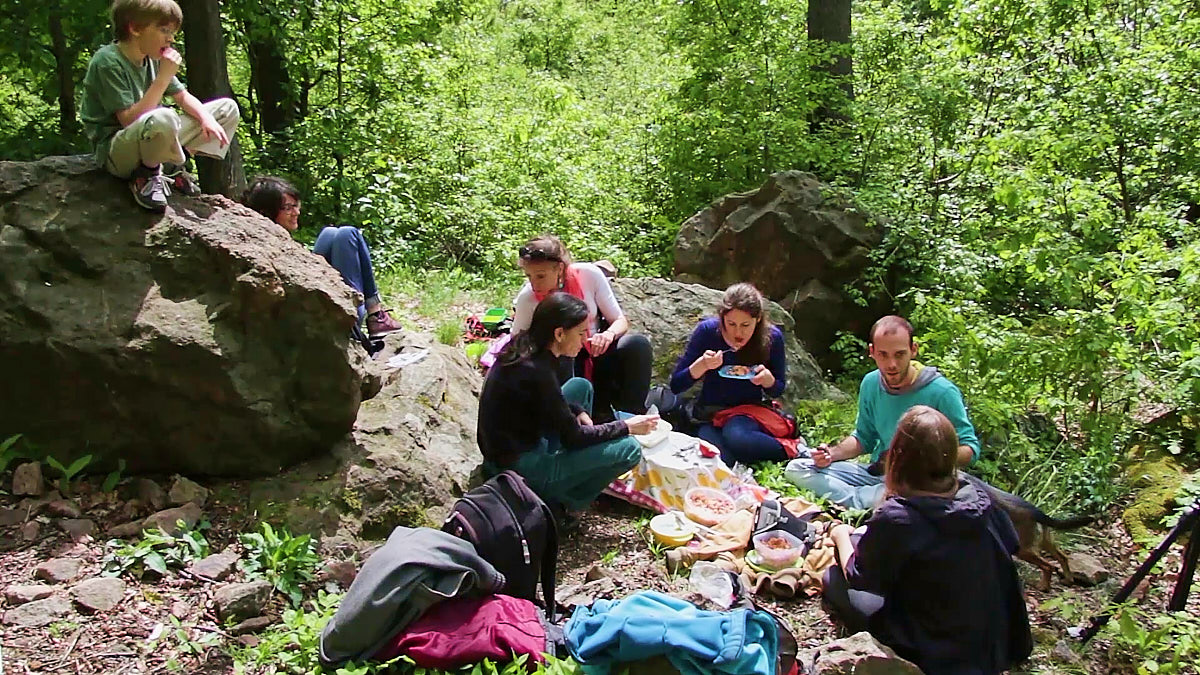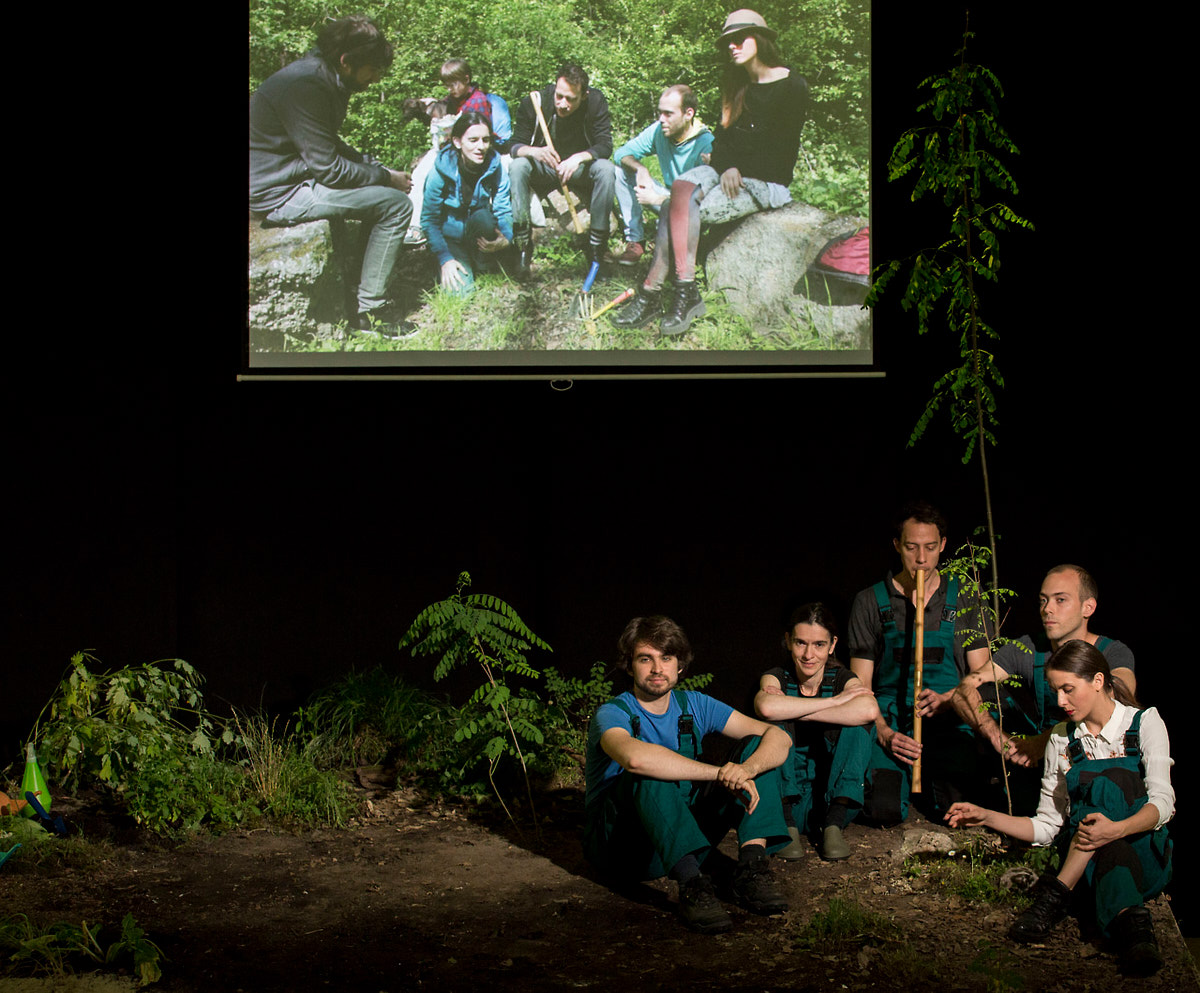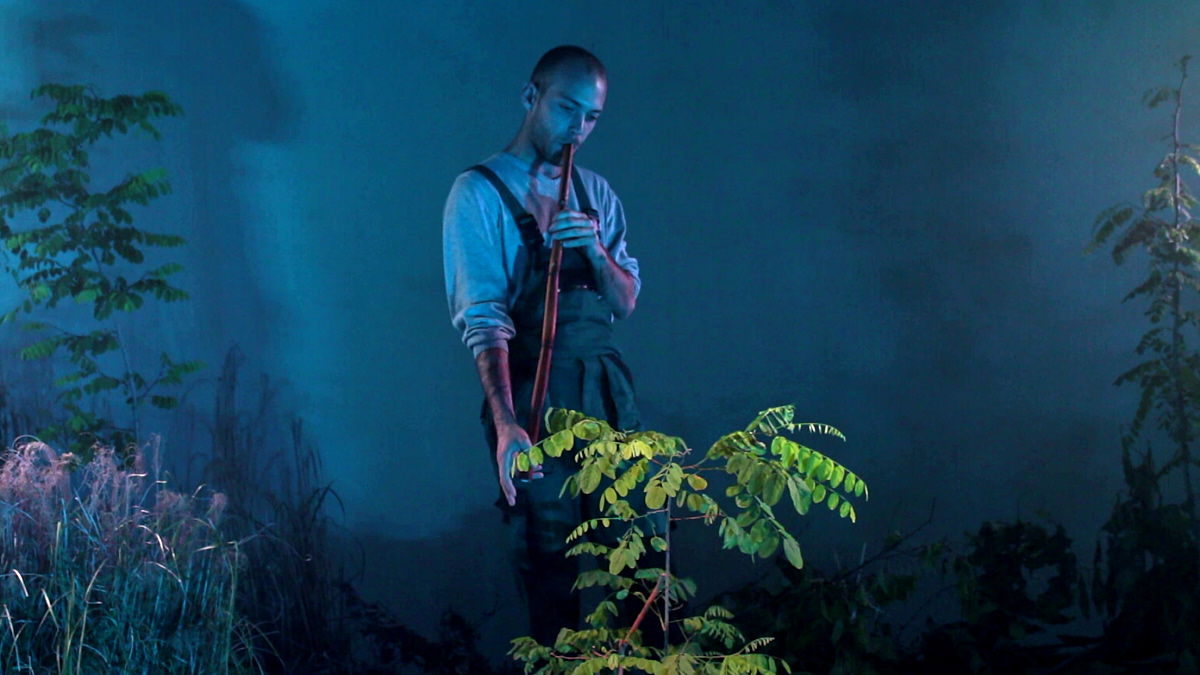Post-fact documentary theater, 70 minutes
Direction and concept with: Kristóf Kelemen
— Premier: Trafó Budapest, 24/05/2017
Touring:
— Rehearsal for Truth Theater Festival, Vaclav Havel Library Foundation, Bohemian National Hall, New York, NY, USA, 2022
— Voices International Theater Festival, Jersey City Theater Center, NJ, USA, 2022
— 3rd International Forest Festival NTNG (online), Thessaloniki, Greece, 2021
— Go Hungarian Acacia! Go Hungarians! (commissioned video) Wiener Festwochen reframed, 2020
— Unfuck My Future, Mousonturm, Frankfurt, 2019
— Rehearsal for Truth Theater Festival, Václav Havel Library Foundation, New York, 2019 (lecture-performance)
— SPIELART festival, München, 2019
— PALM OFF FEST, Pod Palmovkou Theatre, Prague, 2019
— Fabrica de Pensule, Cluj-Napoca, 2019
— BOZAR Brussels, Belgium, 2019
— Deszka Fesztivál, Debrecen, Hungary, 2018
— Off Europa Festival Leipzig-Dresden-Chemnitz, Germany, 2018
— Bánkitó Festival, Hungary, 2018
— Thealter Fesztivál, Szeged, Hungary, 2018
— Theaterfestival Basel, Switzerland, 2018
— Festival Divadelná Nitra, Slovakia, 2018
Botanical saga on an alien species that became Hungary’s most patriotic tree
The black locust or false acacia tree, considered the most Hungarian tree by 63% of the Hungarian population, arrived 300 years ago from North America, and took root in a Hungarian aristocrat’s garden. After centuries, this exceptionally persistent and adaptive species outpaced all native types to become Hungary’s most widespread tree. Nevertheless, the black locust is divisive and triggers a range of emotions among Hungarians. Many environmentalists dislike and criticize the tree, while thousands of other people earn a living from it.
In 2014, an EU regulation was passed on the prevention, eradication and management of several alien species. Ecological issues suddenly became mixed up with politics. Surprisingly, the ruling party of Hungary, led by Viktor Orbán, despite previously suggesting eradicating the invasive alien black locust tree, voted against the regulation, and used the case as an argument in their domestic anti-Brussels campaign, saying “We send this message to Brussels! We are protecting Hungarian land, free pálinka distillation, honey and the black locust-tree!”
Hungarian Acacia tells how this native American tree became a national and political symbol in Hungary. But how can a tree, become subject to political debates? How do political actors use, re-mix or even manipulate ecological facts? Having examined the story of the black locust, we launched a movement aiming to “rebrand” this plant as a symbol of open society. Members organised black locust planting events at politically symbolic locations in order to propagate a liberal, inclusive ideal of community. “Anybody who can take root in Hungarian soil can be Hungarian.”
We are re-enact these actions on stage, play music, recite political speeches and present the group’s future plans. The question is whether our movement is going to take root? Are we going to be as persistent as the black locust trees now thriving in dry flatlands and abandoned mines?
Performers: Angéla EKE, Katalin HOMONNAI, Kristóf KELEMEN, Márton KRISTÓF, Bence György PÁLINKÁS
Music: Márton KRISTÓF
Assistant director: Anita TOTOBÉ
Actors’ coordination: Réka Judit KISS
Set construction: Dániel BALÁZSI, Fanni HEGEDŰS
Light and sound technician: Mátyás MAJOR
Photography: Krisztina CSÁNYI
English translation: Miklós ZSÁMBOKI
German translation: Gábor Miklós THURY
Production manager: Judit BÖRÖCZ
Co-producers: Trafó House of Contemporary Arts, Workshop Foundation Budapest
Special thanks: Orsolya BARNA, Seth COLEMAN, Krisztina CSÁNYI, Lilla EREDICS, György GAZSÓ, Kitti GOSZTOLA, Dániel LOVAS, Gábor NAGYPÁL, András PÁL, Júlia REGÉNYI, Balázs SEMSEI (Norwell/Farbwechsel Records), György SIPOS, Attila SZIRTES, Judit TARR, Jurányi Incubator House, Sonidus Archive, Lázár Pika KARÁCSONY, Gábor Mojszi SZŐCS, Off Europa Festival
